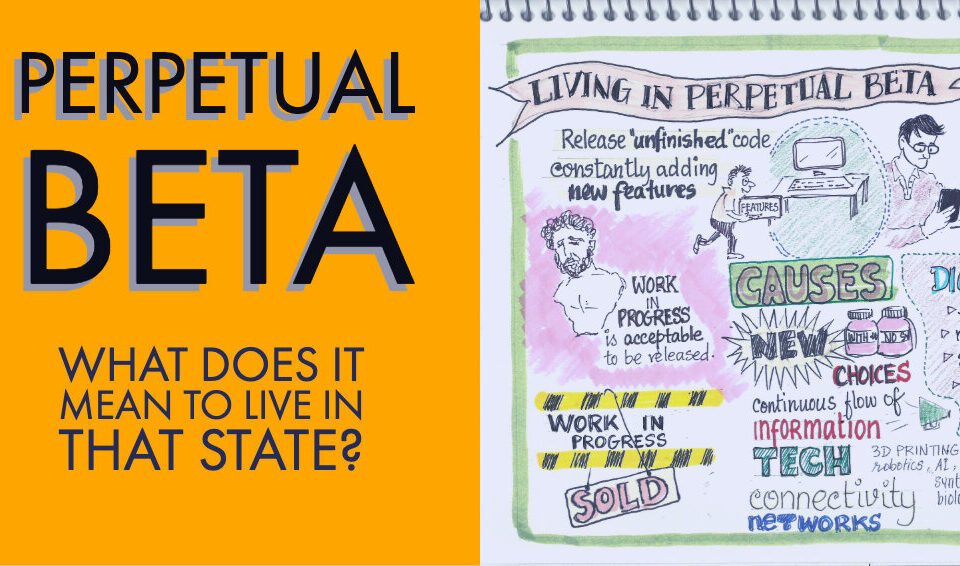Data can be leveraged by different people in different specialties to solve real-world problems. A neurogeneticist is working in an e-commerce start-up to solve the problem of how to plan a delivery route across the busiest parts of the city. He is building his algorithm to mimic the way human genes convey information. A competitor, meanwhile, has hired a nuclear physicist who worked in the Large Hadron Collider to solve the same problem. Both are approaching the challenge as a data problem, after all.
Every incident is a learning and at the same time an opportunity to prove oneself. Following the United Airlines fiasco, the carrier had a golden opportunity to display the right leadership attitude, which it unfortunately failed to take advantage of. So what was the missed opportunity?
The new world of work is still run with old laws. Uber, which started in 2009, now has more than 7,00,000 active drivers in the United States alone, which is nearly three times the number of taxi drivers and chauffeurs in the country in 2014. Gig workers have flexibility but no paid sick leave, no time off and certainly no pension. The government may need to legislate the labor platforms where there is an urgent need redefine labor laws. The laws must not stifle innovation but must certainly prevent exploitation. It is time for new rules.
Just as headlines act as filters that help us make quick decisions about which news items to spend time on, the summary of your resumé should catch the attention of a recruiter almost instantly. Recruiters must scan quickly through hundreds of resumes every day. So if your summary isn’t powerful, chances are you won’t make it into the Yes basket. You have to survive the crucial six seconds test.
If someone has been hired to do a job, shouldn’t they just do their job? While a lot of employees will do the bare minimum they need to do to keep their jobs going, there is a small percentage of employees who hit the ball out of the park.
They file for patents, contribute more and are evangelists for the brand. According to Bain and Company, companies like Apple, Netflix, Google, and Dell are 40% more productive than the average company. That amounts to a disproportionate impact on the bottom line.
Being the leader of people is an honor. The leader must ask every day, “Am I worthy of discharging my responsibility? Do I have what it takes to lead them today?” That means doing these 4 tasks without fail.
These yellow Post-It notes are an essential part of my life. I have used these yellow thingies to write welcome notes and bid goodbye. To share a word of appreciation for my team members. To say thank you for great work done. Several appraisals and many bosses later, my team members still have the fading thank you notes and cartoons on their desk.
BCG estimates more than 4,000 companies with formal corporate universities across the world. The former Chief Learning Officer (CLO) of BBC, Nigel Paine’s new book explores what it means to choose a high-investment option like GE did. What makes Crotonville relevant even today? If a company wants to invest in leadership development is it necessary for them to invest millions of dollars and build a clone of Crotonville? Is that the only approach to leadership development?
Software developers release "unfinished code" and constantly add new features after that. That's called the Beta version of the code. But living like that perpetually is not for the faint hearted - unless you are Brian Chesky, CEO of Airbnb. In that case you will decide to disrupt yourself. He says, “If we don’t grow past what we originally invented, what leads to your success leads to your death.” He has cut himself off from his existing business and building his next gig.









